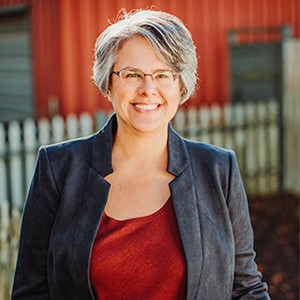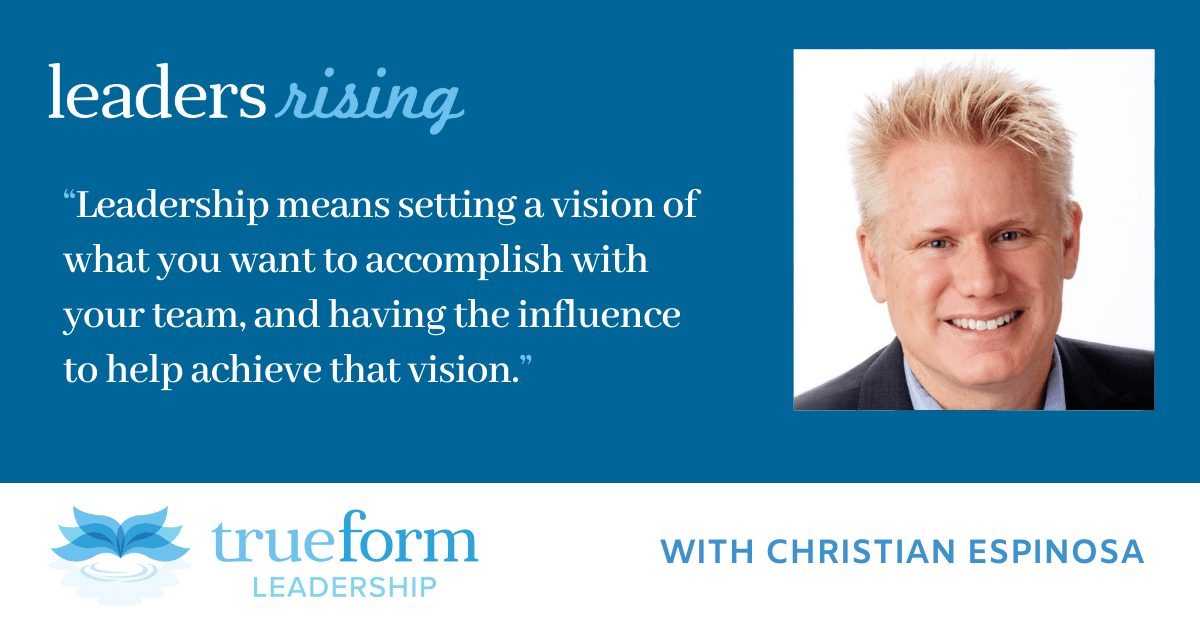
by Judy York | Dec 14, 2021 | Leadership Development Stories
Growing up amidst the chaos brought forth by his mother’s drug addiction, Christian Espinosa often struggled with a deep sense of guilt for having been born into his mother’s life well before she was ready to be a parent. As a young child, he watched as his mother fell into abusive relationships again and again, while an ever-growing collection of pill bottles filled the door and shelves of the refrigerator in their family home. “My mom was always doing some sort of prescription medication, or pot, or cocaine since as early as I can remember,” Christian recalls. Drug-fueled outbursts and violent interactions were a regular part of life at home.
Looking back, Christian now credits the extreme circumstances he had to endure throughout childhood as cause for many of the traits that defined his path toward leadership—including the resilience that bolstered his early career. “My mom used to wreck the car all the time,” he recalls, “she would be put in jail all the time. It would be in the newspaper. It was embarrassing, but it wasn’t something I had control over.” Out of this embarrassment could have come deep shame, but instead Christian developed an ability to feel confident in his own skin—regardless of others’ perceptions. “I had to just become comfortable with whatever people thought about me,” he remembers.
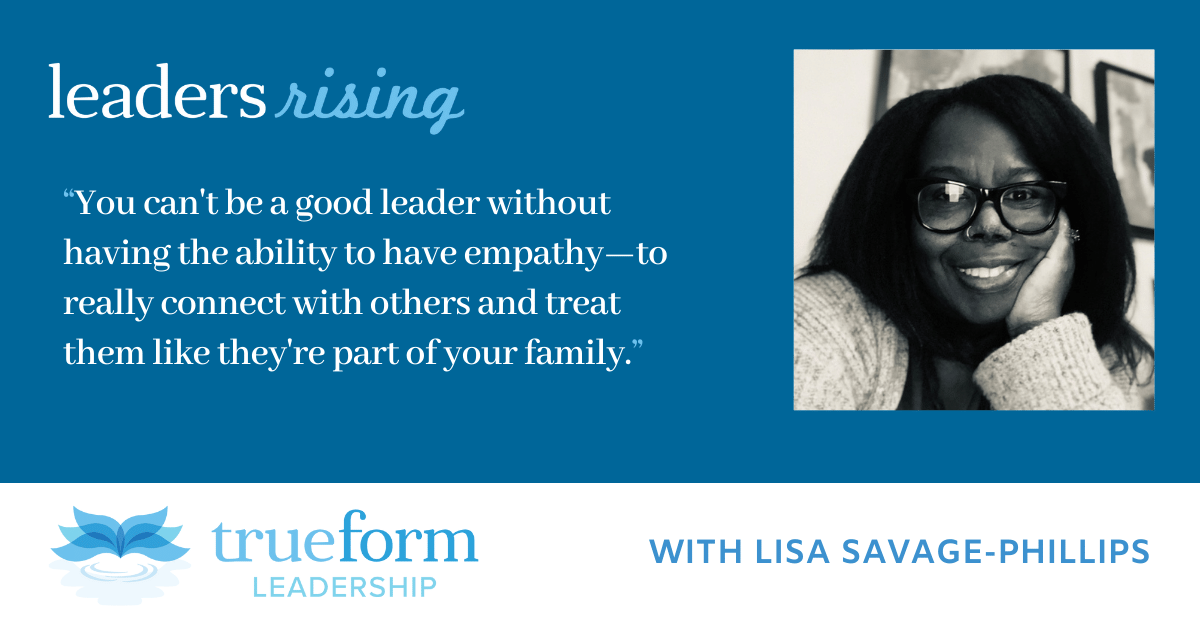
by Judy York | Nov 5, 2021 | Leadership Development Stories
Having spent the early years of her life in her family’s predominantly black community in West Philadelphia, Lisa Savage-Phillips’ life turned upside down during her third-grade year when the Philadelphia public school system—along with many other communities in the United States—began programs designed to force desegregation. “In the city of Philadelphia,” Lisa recalls, “they came up with an idea—to bus the smart black kids out of the black school into a white neighborhood. I was one that was selected to be bussed to a predominantly white school.”
Whereas early childhood had been defined by the feelings of kinship and belonging that she had felt within her community, Lisa’s experience with bussing was the beginning of a series of ongoing confrontations with deep-seated racism and prejudice that would, in many ways, define her adolescent life. “We were being bussed into a neighborhood that was predominantly white,” she remembers. “I would look out of the school bus window and see my friend’s parents protesting—white parents banging on our windows with baseball bats and holding signs saying, ‘We don’t want those kids here’ … It was very racist. They did not want integration.”
Despite having to grapple with the painful messages she received about her racial identity, as Lisa entered young adulthood she also encountered mentors and teachers who challenged her to believe fiercely in herself. Often drawn to her open-mindedness and progressive thinking, they pushed Lisa to pursue her personal growth through education. “I had wonderful professors,” she recalls, “who believed in me and said, ‘You need to get your master’s degree. Do not stop. Keep going, keep going. And I did.”
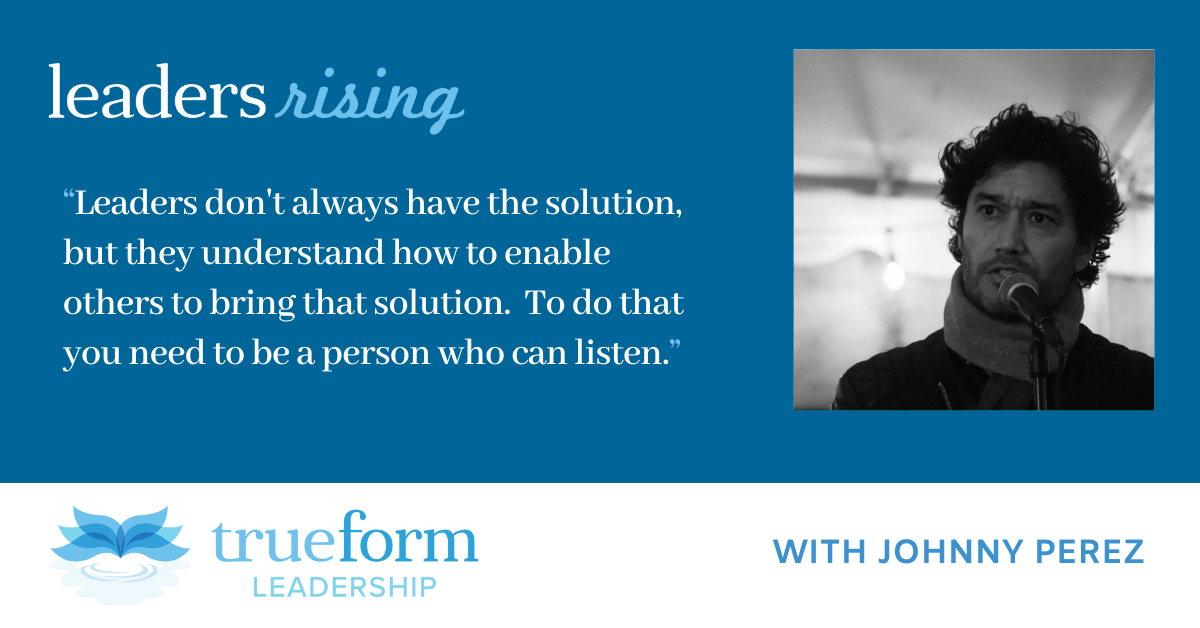
by Judy York | Sep 13, 2021 | Leadership Development Stories
For most of his life, Johnny Perez had operated under the notion that pain and abuse were normal parts of love and relationships that everyone was simply expected to endure. It wasn’t until going through a difficult divorce that a therapist nudged Johnny to look more closely at the deeper reasons behind why he had long held those beliefs.
“I remember thinking,” Johnny recalls, “Well, that’s just the way love is, right? Love is abusive.”
Throughout childhood, Johnny and his siblings were regularly beaten by his father, a Christian fundamentalist preacher who later blamed his violence on religious doctrine. Though physical abuse was a regular part of his everyday life, the long-term impacts it carried into adulthood for Johnny—now a business development executive with a robust creative practice as a poet and musician—were deeply affecting.
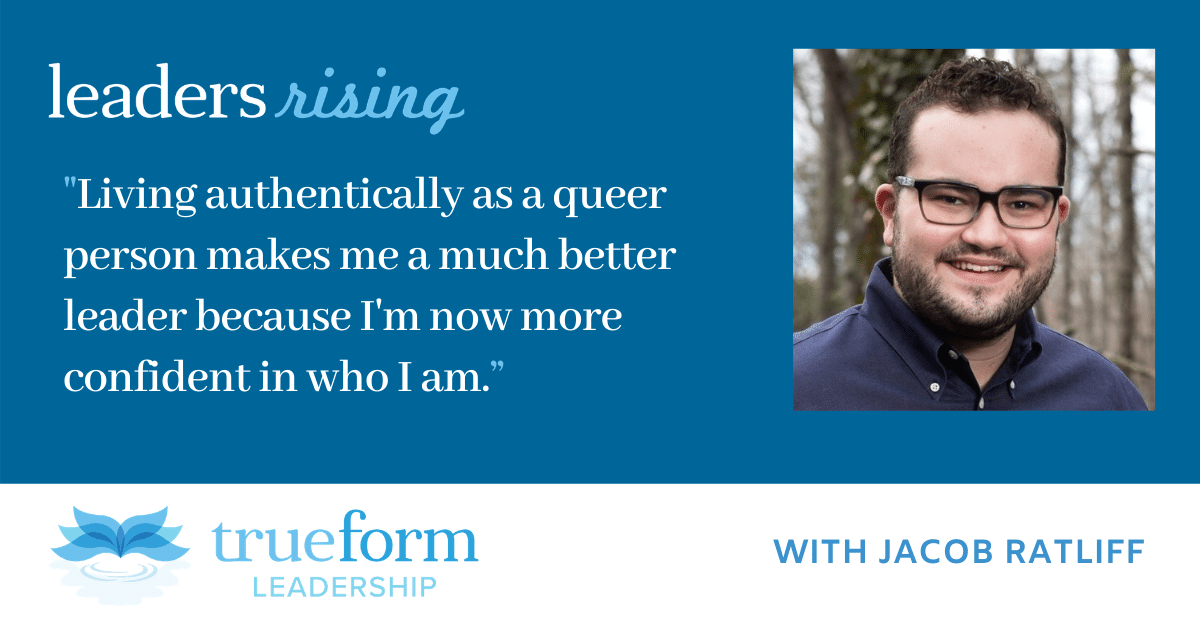
by Judy York | Jun 14, 2021 | Leadership Development Stories
Described by his parents as a quiet, anxious and depressed child, Jacob Ratliff always sensed he didn’t fit in.
This became painfully apparent to him during the summer after his sixth grade year, when his family left their upper-scale home in Virginia and moved to a lower-tiered house in a more affluent neighborhood in Charlotte, North Carolina. “I was keenly aware of the financial and social gap between myself and the others at school,” Jacob reflects. Not only did Jacob notice he was financially less well off than his peers, he began to realize he was politically and socially different from the largely conservative, Christian community they’d moved into.
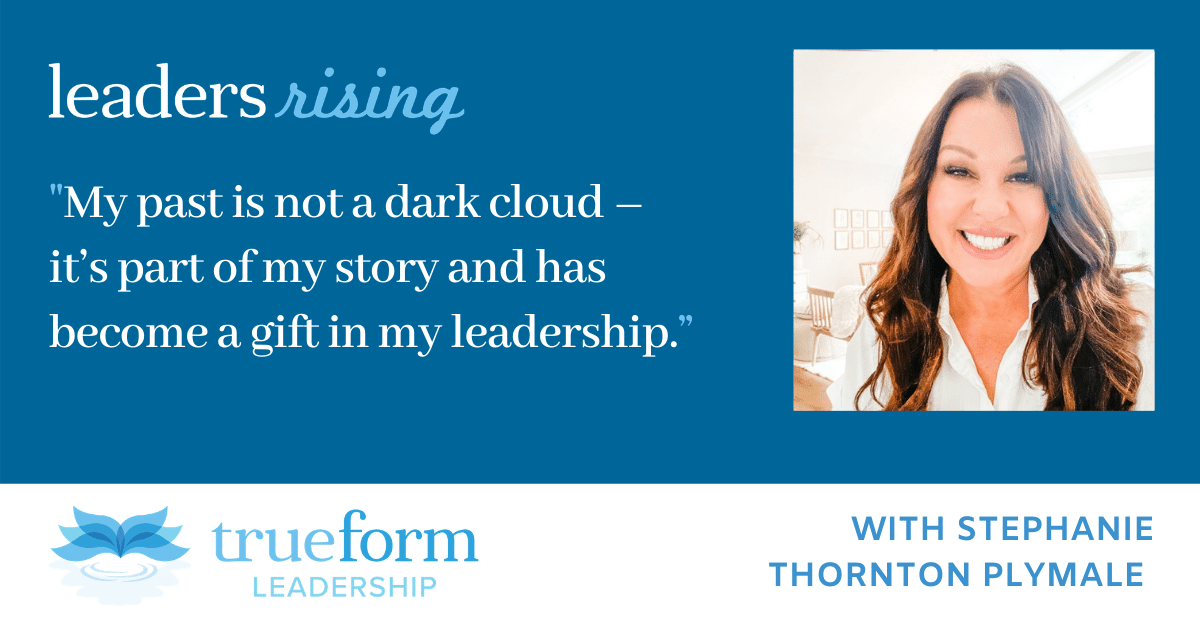
by Judy York | May 27, 2021 | Leadership Development Stories
For years Stephanie Thornton Plymale, struggling with feelings of inferiority and fear of what others may think, hid the unusual and messy details of her past from her colleagues, from her employees, and even from her closest friends.
One of her fondest memories from early childhood was when she moved into a motel with her mother and siblings at the age of six. “It was my first experience of having a home,” she recalls, “I had a roof over my head—a kitchen, a bathroom.” For Stephanie, life until that point had mostly been spent in the back of a station wagon her mother would leave parked on the beach. Homelessness and abandonment defined her every day. “My earliest memories,” she recalls, “are of my mother leaving us in the car to fend for ourselves.”
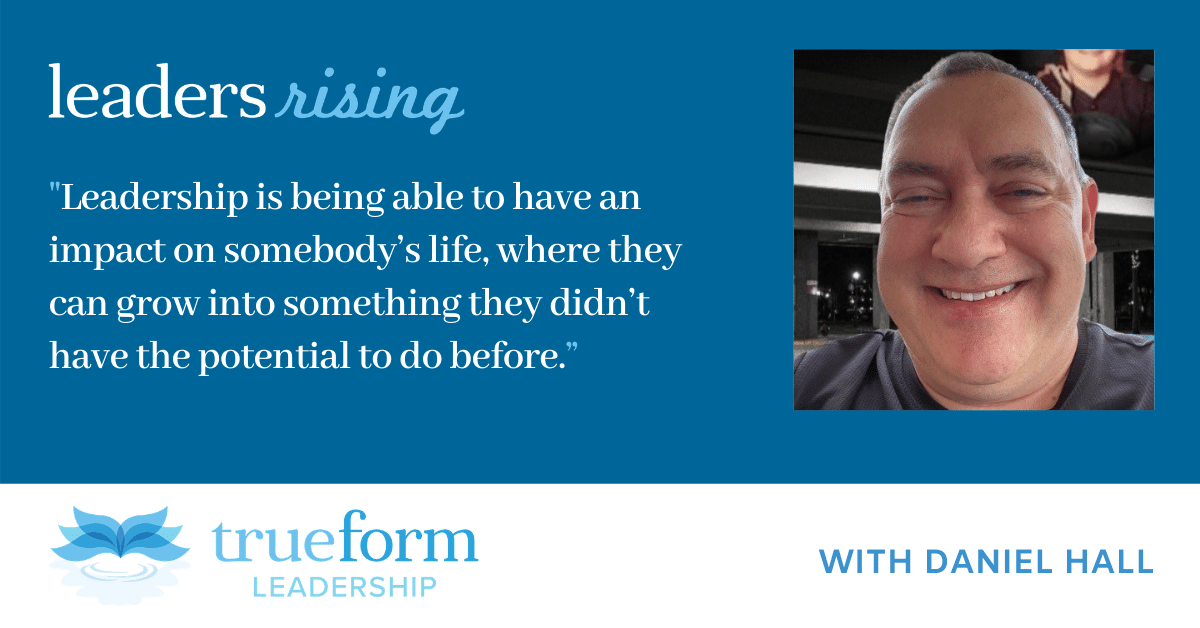
by Judy York | Apr 30, 2021 | Leadership Development Stories
A self-described reluctant leader, Daniel Hall has shied away from leadership positions for much of his career. Early experiences of childhood trauma eroded his sense of self-worth and safety in connecting to others and he responded by forming a protective and competitive shell around himself.
Most every memory that Daniel can recall from his early childhood is of abuse.







